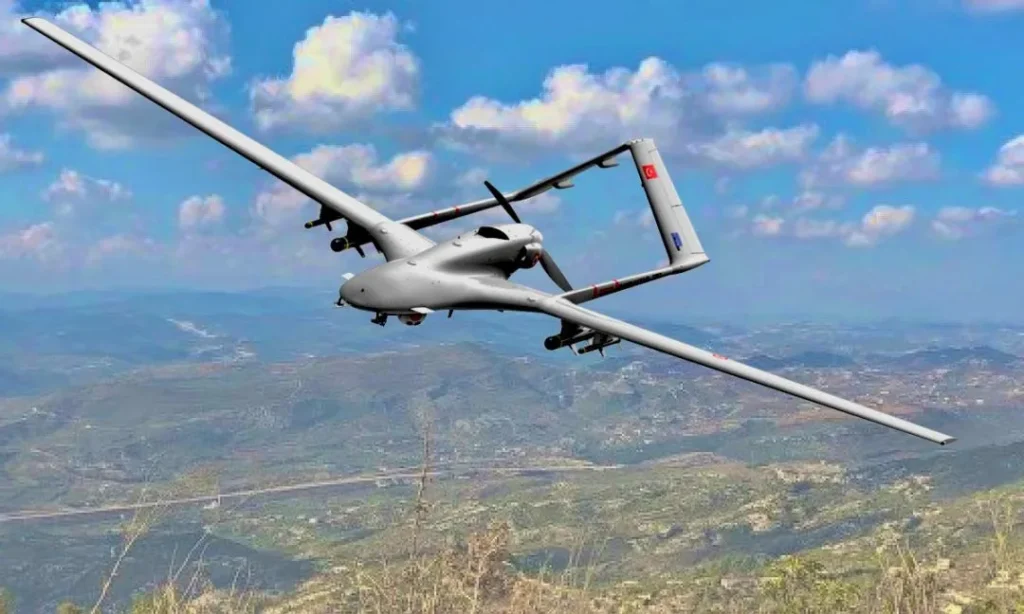Kolkata, India – In a move that has sparked concern in New Delhi, Bangladesh has deployed Turkish-made Bayraktar TB2 drones near its border with India, according to multiple sources. The deployment, overseen by Bangladesh’s 67th Army, is aimed at intelligence, surveillance, and reconnaissance missions along the sensitive West Bengal border region.
The deployment of Bayraktar drones comes amidst reports of increased terrorist activities and political instability following the recent change in government in Bangladesh. After the fall of Sheikh Hasina’s Awami League, there have been intelligence inputs suggesting that extremist groups, previously suppressed, are regaining influence near the Indian border.
In response, India has significantly stepped up its surveillance operations along the shared border. The Indian Army is currently verifying these reports about the drone deployment, with sources indicating that strategic measures are being contemplated. Among these are the potential deployment of advanced drones like the Heron TP to counter the new threat.
“The Indian armed forces are on high alert,” a senior defence official was quoted as saying. “We are monitoring the situation closely and will take countermeasures as necessary to ensure the safety and security of our borders.” This reflects India’s strategic approach to address the new dynamics at the border, especially as the Bayraktar TB2 drones, known for their capabilities in both surveillance and light strike operations, could potentially alter the regional security landscape.
The acquisition of these drones by Bangladesh earlier this year has been seen as part of its broader military modernization efforts. However, their positioning near the Indian border has raised questions about the intentions behind this strategic placement. While Bangladesh has stated that the drones are for defensive purposes, the move has not been taken lightly by India, which is already dealing with various security challenges along its extensive borders.
Indian authorities are leveraging intelligence-sharing mechanisms and international cooperation to keep a close watch on these developments. The situation is further complicated by the recent political changes in Bangladesh, which have led to an uptick in anti-India sentiments and activities by Islamist groups, as reported by various media outlets.


